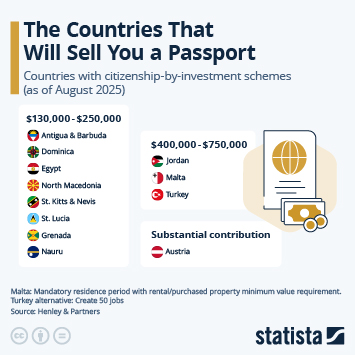How Smartphone Prices Differ Across Platforms
It is no secret that Apple caters predominantly to the higher end of the smartphone market and that Android, the most popular smartphone platform by far, can often be found on entry-level devices. A new report from IDC sheds light on the actual numbers behind these assumptions.
According to IDC, 58.7% of the 255 million Android devices shipped in Q2 2014 cost less than $200 off contract, a price category which Apple doesn't serve at all. Another 21.5% of Android phones cost between $200 and $400 and roughly 1 in 5 Android phones fits the high-end category at a price above $400. Apple on the other hand sells an overwhelming 85% of its phones in that high-end category. As a matter of fact, the cheapest iPhone you can currently buy in the U.S., the 3-year-old iPhone 4S, still costs $450 without a contract. The 15% of iPhone sales that fall below the $400 mark must therefore be international sales.
Interestingly, the above numbers don't mean that Apple dominates the luxury segment of the smartphone market. Quite the opposite in fact: based on IDC's numbers, 50.6 million high-end Android devices were shipped in Q2, as oppossed to just 29.8 million top-tier iPhones. What's also notable is the fact that Windows Phone shows a pricing structure that is almost identical to Android's. At 13.7% the share of high-end devices is even lower for Microsoft's mobile platform than it is for Google's.

Description
This chart shows how the prices of smartphones shipped in Q2 2014 differ depending on their operating system.
Related Infographics
Any more questions?
Get in touch with us quickly and easily.
We are happy to help!
Statista Content & Design
Need infographics, animated videos, presentations, data research or social media charts?



